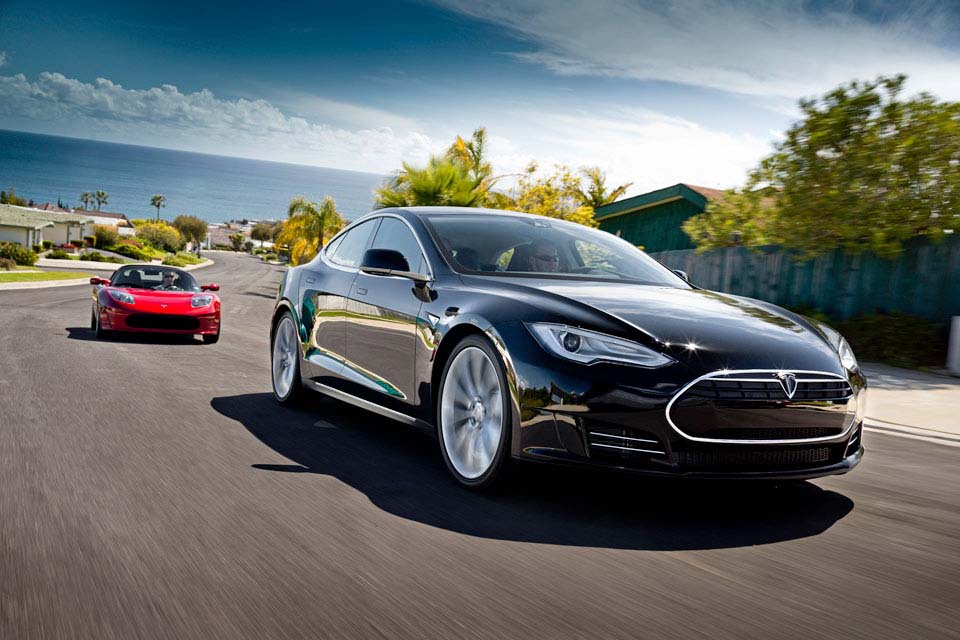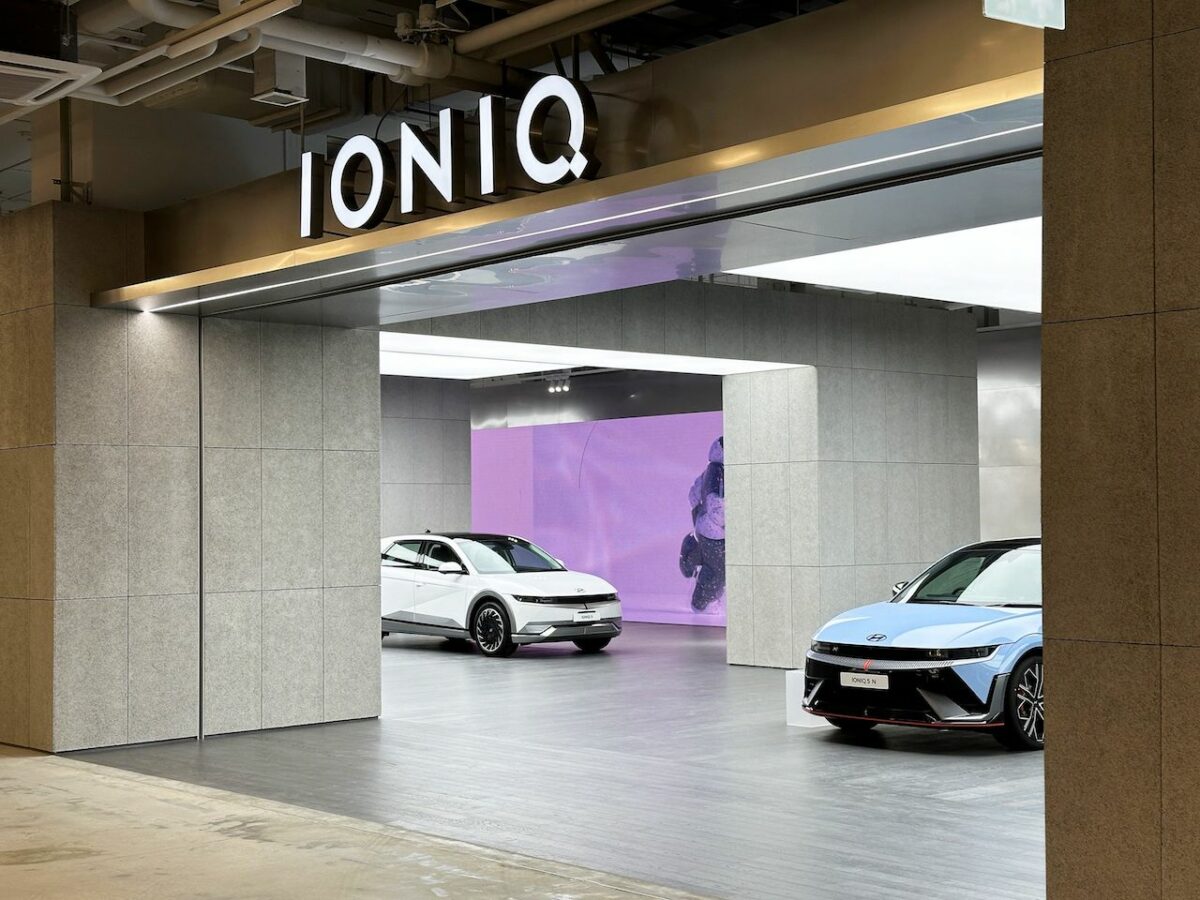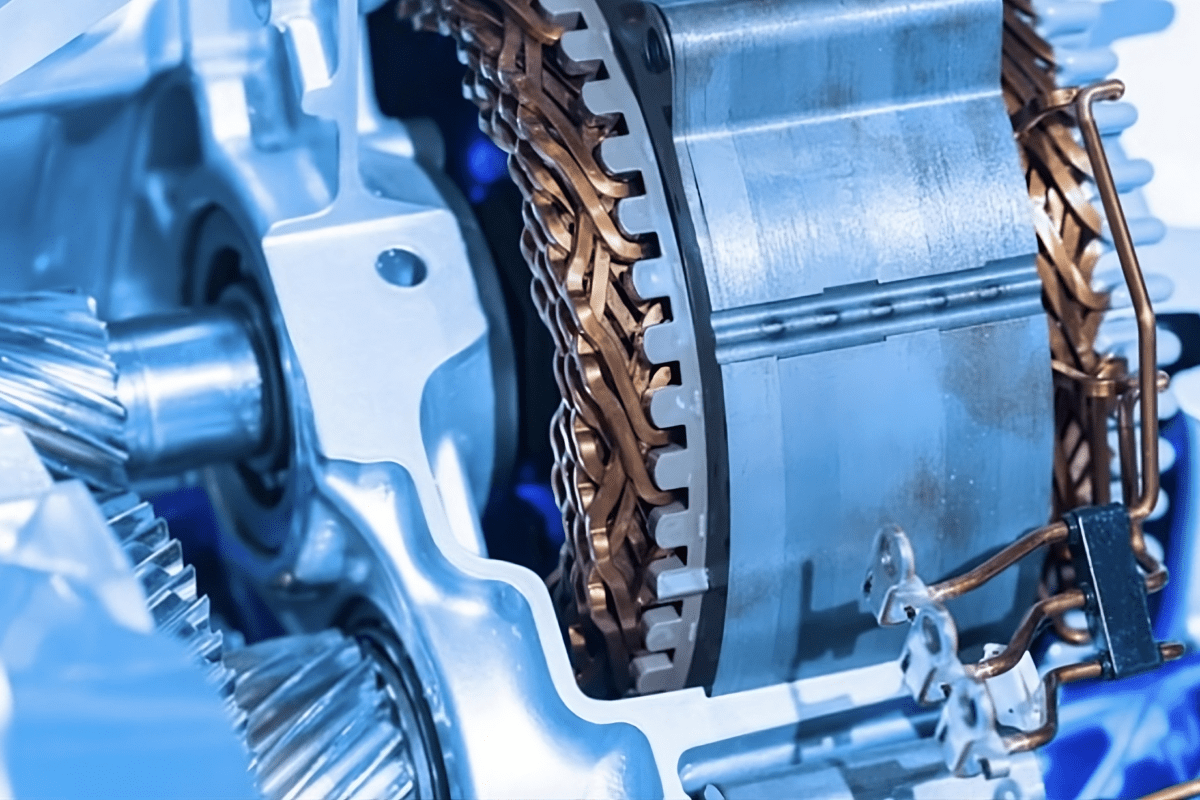EV start-up Tesla has been doing well, but it expects to do much better. Its latest supply agreement with battery cell provider Panasonic points to a massive increase in volume in the coming years.
Panasonic is not only a supplier to Tesla, but also an investor. In 2010 it invested US$30m in the California-based EV specialist. The two initially entered a supply agreement in 2009. In 2011, they finalised an agreement for the supply of lithium-ion battery cells for the Model S. At this time they were looking to provide parts for around 80,000 vehicles over four years.
As Tesla production ramps up, its supply of battery cells needs to also. The extended agreement with Panasonic covers the supply of nearly 2 billion cells over a four-year period. These cells will be used in the upcoming Model X performance utility as well as the Model S. The Model X is scheduled to enter production late next year.
“This expanded agreement with Panasonic is important to Tesla as we continue to increase the pace of production,” said Tesla Chief Executive Elon Musk. “We look forward to strengthening our relationship with Panasonic, and I’m confident that this partnership will continue to be an integral part of Tesla’s success for years to come.”

Sales expectations
Forbes notes that Tesla uses between 6,000 and 8,000 cells per pack, depending on the battery-pack size. This means that the supply of nearly 2 billion cells could be enough to supply nearly 290,000 vehicles during the four years.
Tesla’s sales have been growing, but volumes remain relatively low. This year the OEM expects to deliver a total of 21,000 Model S cars globally. Europe, where sales have just begun, will account for “several thousand” of this total. The OEM will need to sell a lot more cars to use up 2 billion cells in four years.
Analyst are optimistic, though nobody is committing to volumes yet. Sascha Gommel, Assistant Vice President at Commerzbank Corporates & Markets, commented earlier this year: “It’s very difficult to estimate volumes for the S in Europe. Obviously, they will sell some in the beginning to ‘fans’ and affluent people that are interested. From then on, it is difficult to forecast.”
John Leech, UK head of Automotive at KPMG, told Automotive World, “There is no doubt that the Tesla Model S has been a success in the US where sales are currently running well above 10,000 vehicles per year, not that far below the Chevy Volt and Nissan Leaf which are half its price. I believe it will also be a success in Europe, since it delivers a real-world range of around 300 kilometres, which is double the next best range from an electric car, the BMW i3. In Europe the Tesla Model S will be outsold by BMW’s i3 and forthcoming i8 because Europe is BMW’s home market and BMW has intelligently packaged the i3 with the use of ICE-powered cars at weekends to combat customers’ anxiety over the car’s range.”
Yoshihiko Yamada, President of the Automotive & Industrial Systems Company, an internal company of Panasonic, commented on Tesla’s expanding production but provided no concrete figures: “Panasonic will increase its production capacity of lithium-ion battery cells to supply Tesla’s growing needs as it expands its production of EVs.”
The expanded Tesla deal represents a tremendous boost for the overall lithium-ion cylindrical battery industry as well. The cells are often used in laptop computers, but many other EVs go with larger cells. Forbes reports that the lithium-ion cylindrical battery industry as a whole has been consuming about 660 million cells a year. The Panasonic agreement will see Tesla alone consume about 500 million a year during the four-years of the contract.
Bloomberg expects the new deal with Tesla to generate about US$7bn in revenue for the supplier and confirm its leadership position in the EV supply segment.
Megan Lampinen



